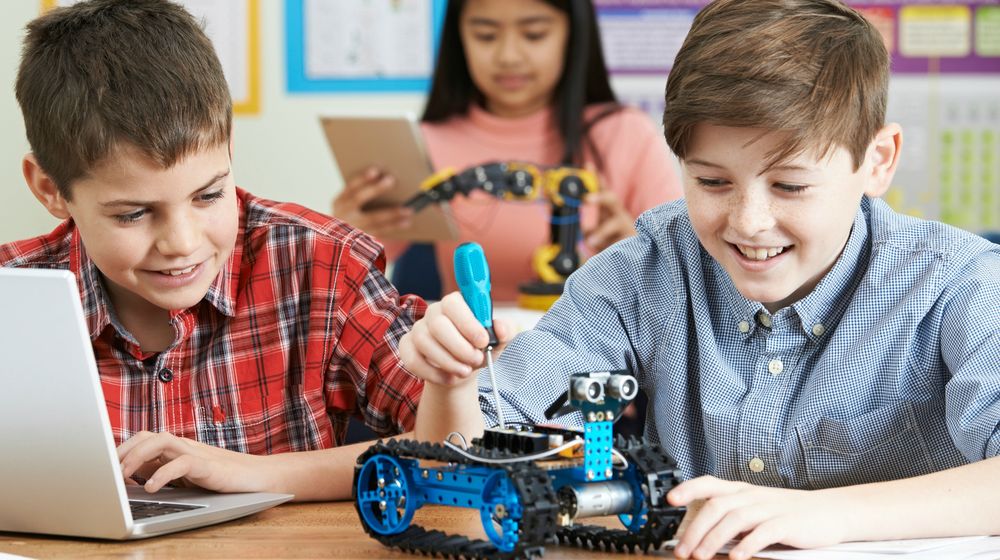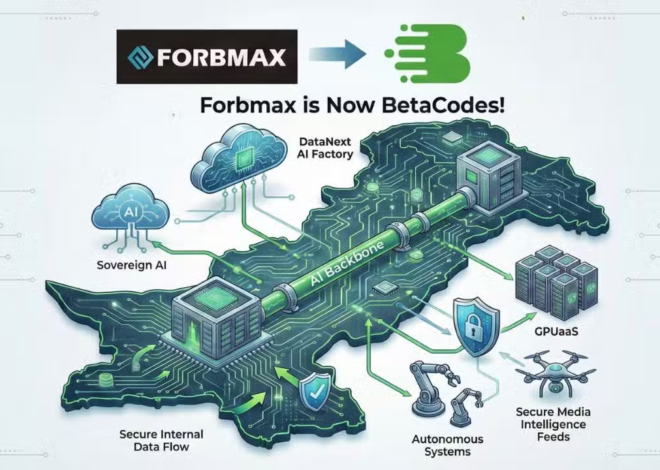
Education Ministry’s Initiative to Introduce Coding, Robotics, and AI in Primary 2024
In a forward-looking move, Pakistan’s Education Ministry has unveiled plans to integrate coding, robotics, and artificial intelligence (AI) into the primary school curriculum. This initiative aims to equip young students with the skills necessary to thrive in an increasingly digital and technologically advanced world.
The Need for Early Tech Education
As technology continues to reshape industries and economies, the need for a workforce skilled in digital technologies has become more pressing. Countries around the world are recognizing the importance of introducing these skills at an early age, and Pakistan is no exception. By incorporating coding, robotics, and AI into primary education, the government is taking a significant step towards preparing the next generation for future challenges.
Key Components of the Initiative
The Education Ministry’s initiative is comprehensive, covering various aspects of technology education:
- Coding: Students will learn the basics of programming languages, enabling them to understand how software is developed and how digital tools function. This foundational knowledge will also foster problem-solving skills and logical thinking.
- Robotics: Introducing students to robotics will involve hands-on learning experiences where they can build and program robots. This not only teaches technical skills but also encourages creativity and teamwork.
- Artificial Intelligence: While AI is a complex field, the curriculum will focus on basic concepts that young students can grasp, such as understanding how machines learn and how AI is used in everyday life.
Implementation Strategy
The Education Ministry plans to roll out this initiative in phases, starting with pilot programs in select schools. These pilot programs will serve as testing grounds for the new curriculum, allowing educators to refine their teaching methods and materials before a nationwide implementation.
Teacher training is also a crucial component of the initiative. The Ministry is working to ensure that teachers are adequately prepared to deliver the new curriculum. This includes providing training sessions, resources, and ongoing support to help teachers integrate technology into their classrooms effectively.
Benefits for Students and Society
Introducing coding, robotics, and AI at the primary level offers numerous benefits. For students, it opens up new avenues for learning and future career opportunities. These skills are not only relevant for technology-related fields but are also increasingly important in various industries, from healthcare to finance.
On a broader scale, the initiative aligns with Pakistan’s goals of fostering innovation and building a knowledge-based economy. By cultivating a generation of tech-savvy individuals, the country can position itself as a competitive player in the global technology landscape.
The Education Ministry’s initiative is also expected to reduce the digital divide, ensuring that students from diverse backgrounds have access to quality tech education. This democratization of knowledge is essential for creating a more equitable and inclusive society.
Looking Ahead
As the initiative moves forward, its success will depend on continued investment in education and technology infrastructure. The government’s commitment to expanding access to digital tools and resources will be key to achieving the desired outcomes. If successful, this initiative could serve as a model for other countries looking to integrate technology into their education systems at an early stage.
The introduction of coding, robotics, and AI in primary schools marks a significant milestone in Pakistan’s educational journey. By empowering young learners with these skills, the country is laying the foundation for a brighter and more technologically advanced future.








